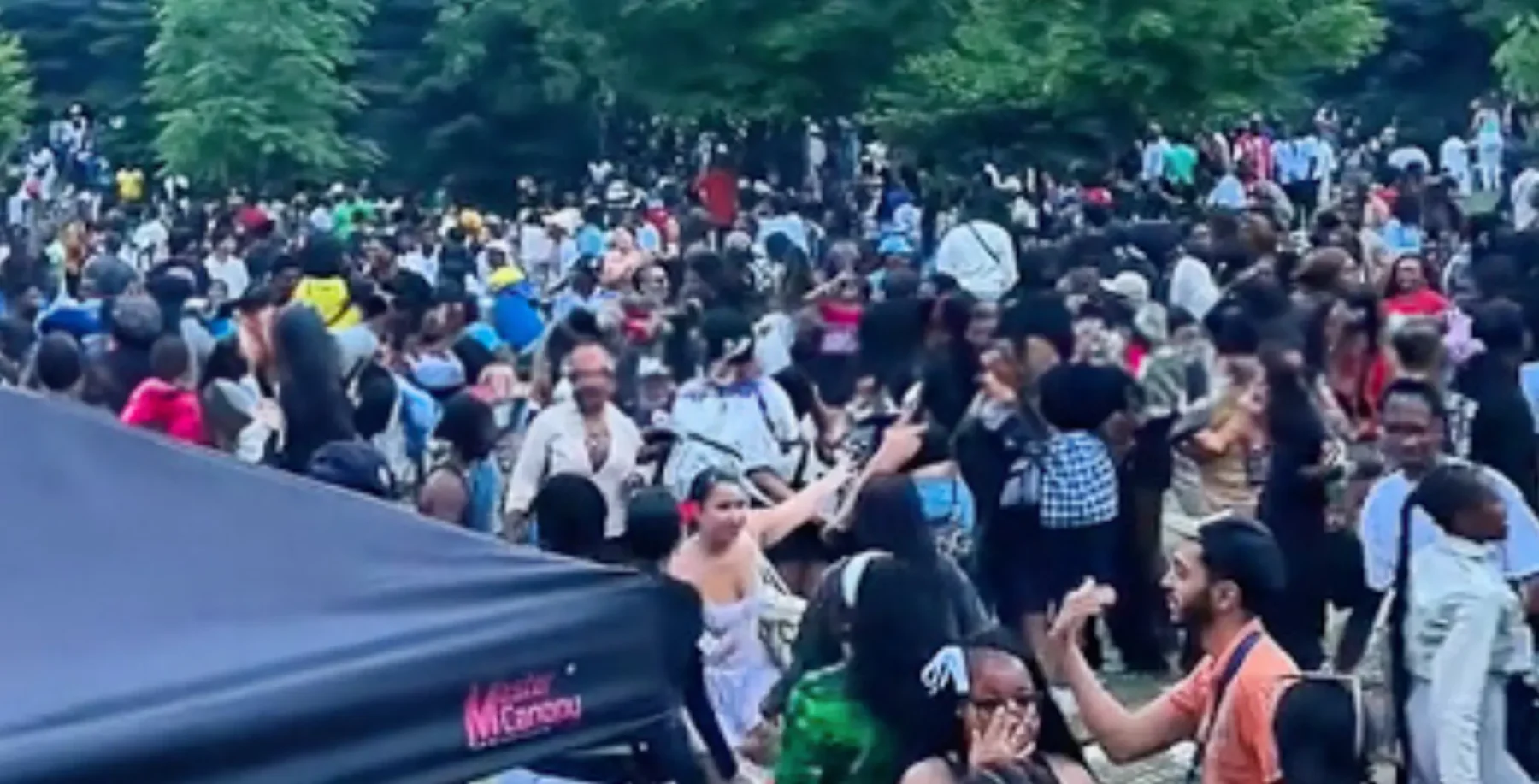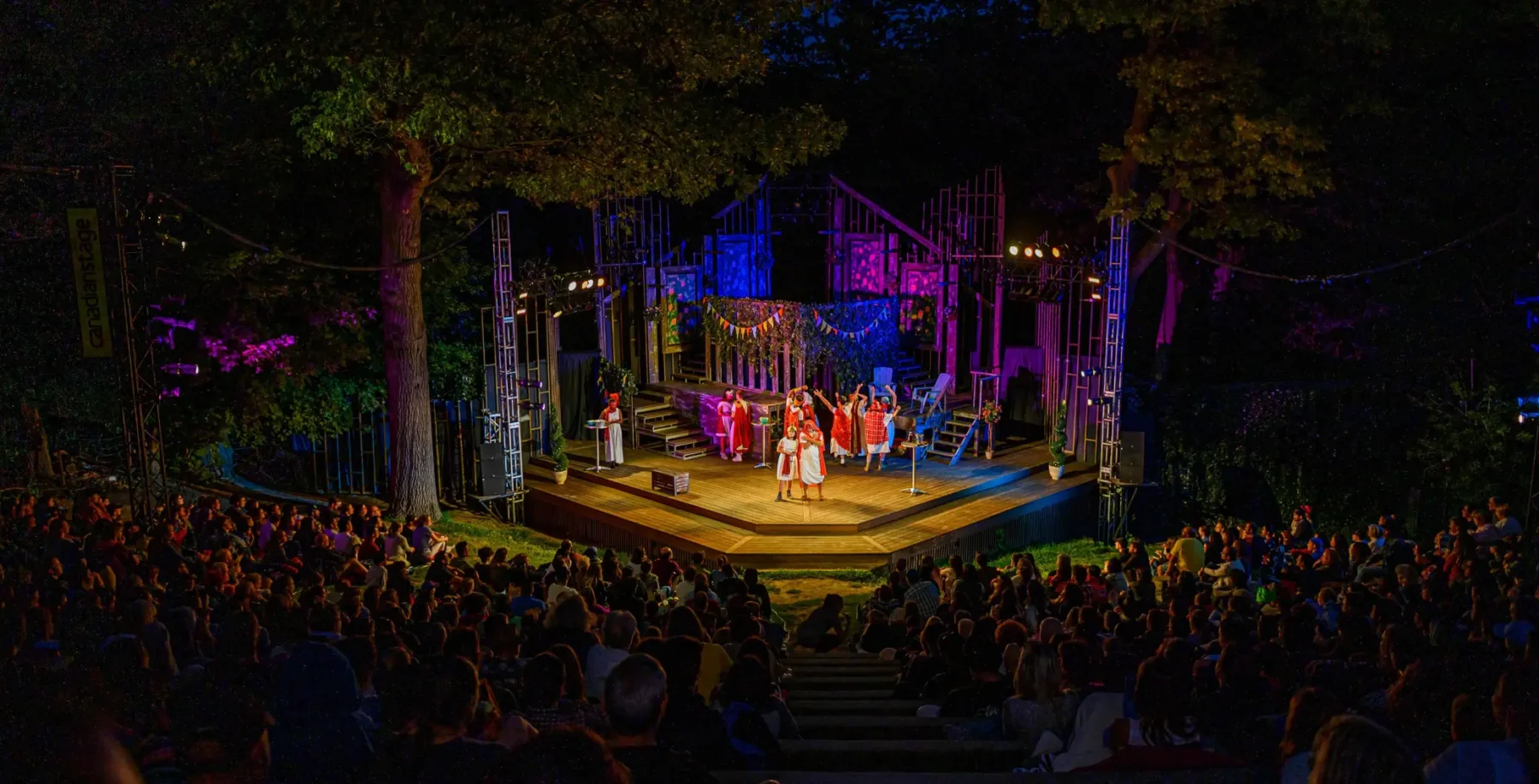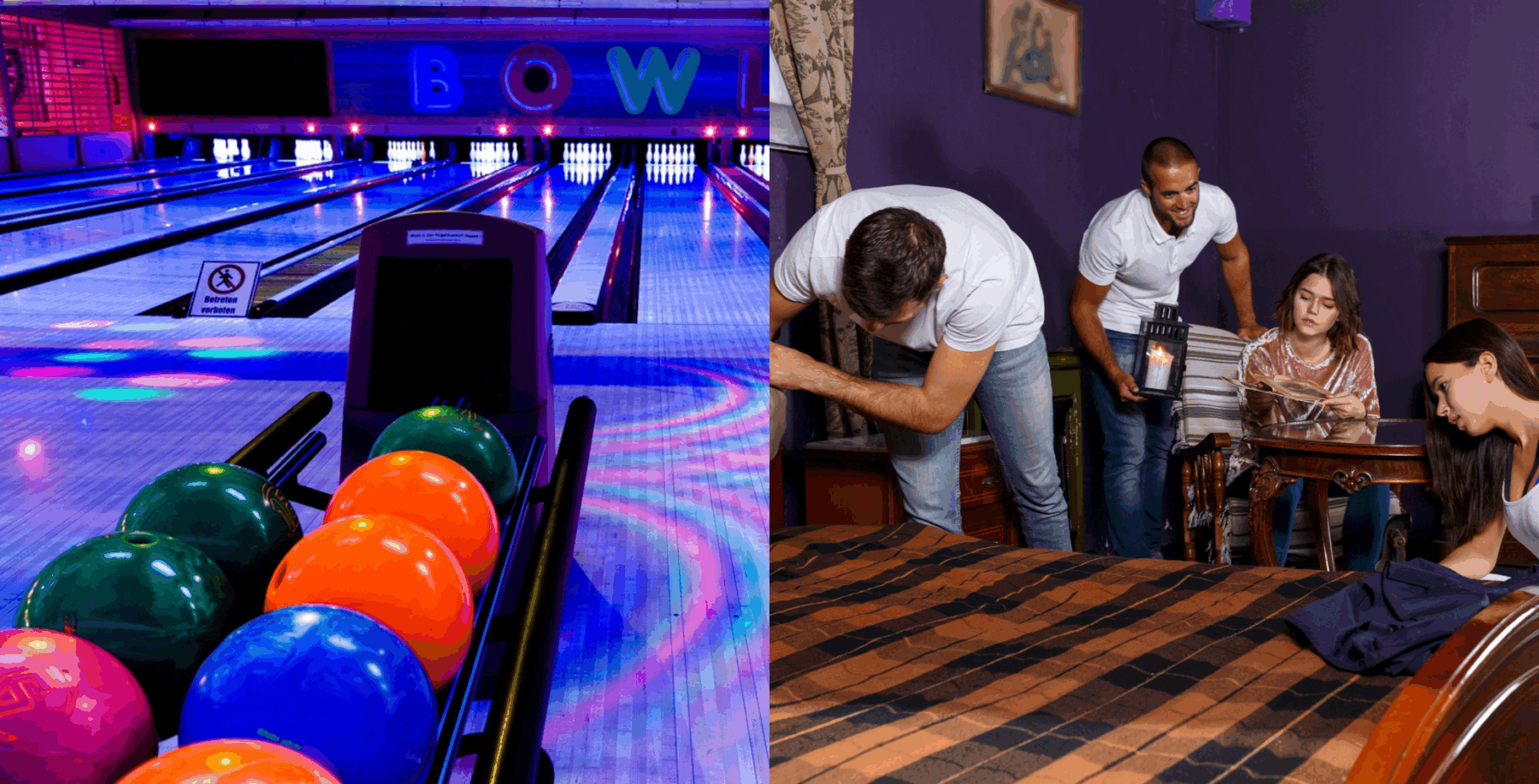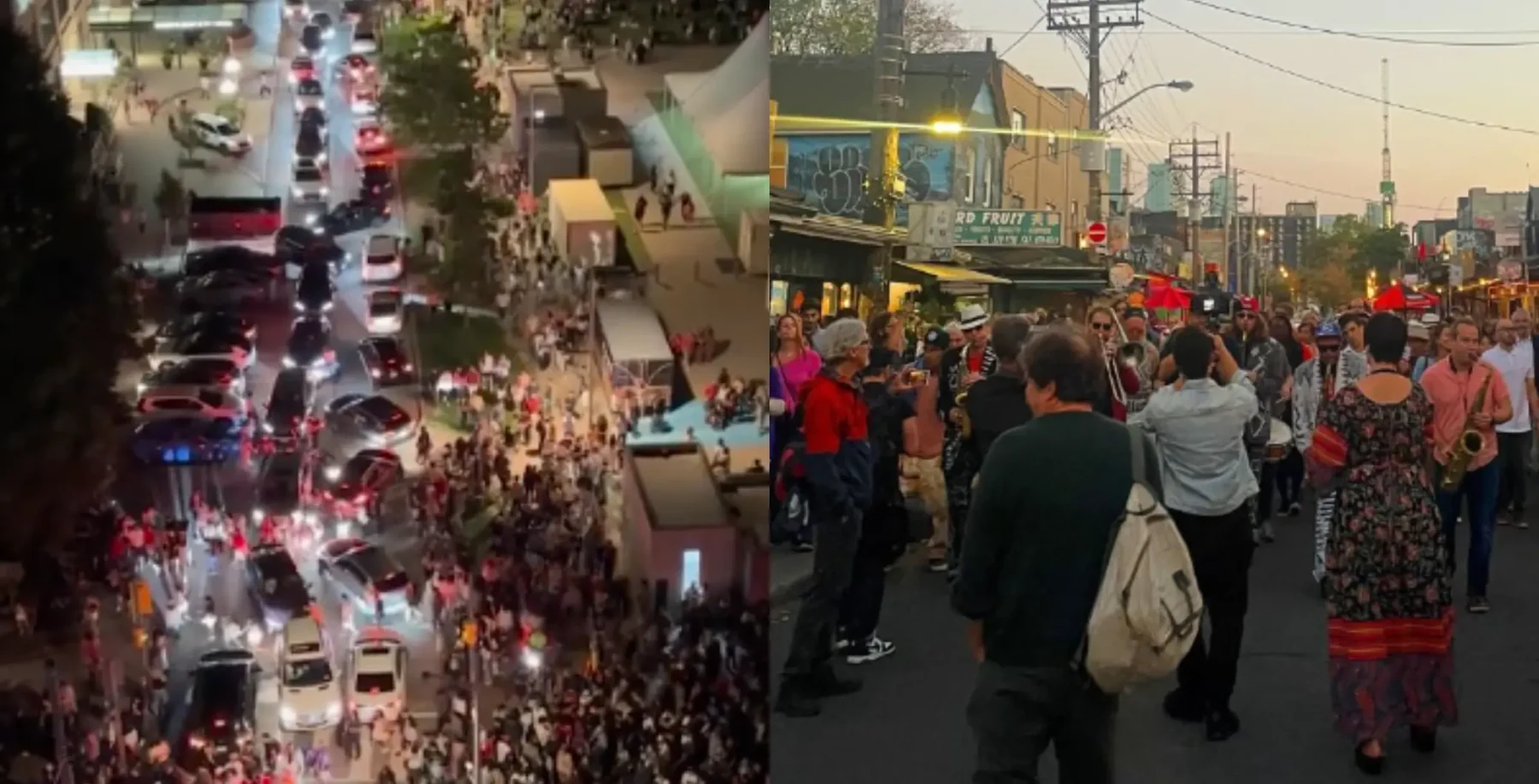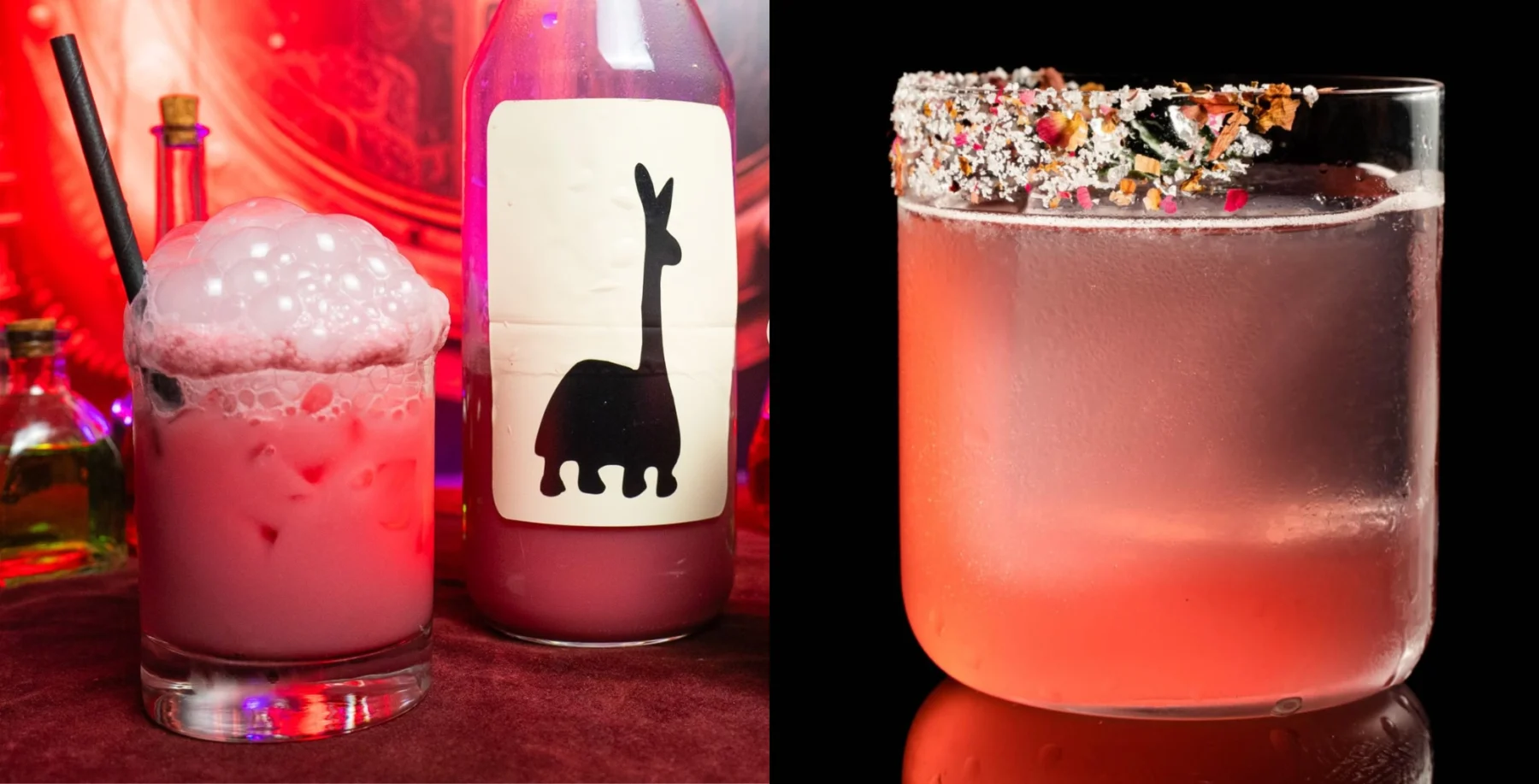
Rating: NNNNN
rancheria, yukon — when a log careens through the passenger-side window of the F-350 pickup I’m driving and showers me with glass, I should read it as a sign of things to come and lie low. But two days later, I’m in the field with the National Outdoor Leadership School (NOLS), hiking through the mountains and tundra of the North Cassiar range.
In the land of the midnight sun, the day does not, as as an American poet once wrote, destroy the night, nor does the night divide the day. From early June to mid-August there is quite literally no night. The effect is disconcerting. How long have I been here?
Days hiking soon turn into weeks, and weeks feel like a single unbroken day of unending light. So why carry a 30-kilogram pack through a desolate wilderness devoid of people, navigable trails or reliable means of communication with the outside world?
Paul Petzold, a veteran of the U.S. 10th Mountain Division, started the National Outdoor Leadership School (NOLS) in 1965 with the intention of turning young people into outdoor leaders.
Petzold was not interested in using the wilderness as a means to achieve spiritual evolution or Thoreauvian escape for the disenchanted urbanite seeking renewal.
This is no Survivor or Eco-Challenge experience, where television cameras record every triumph and defeat. Even the notion of survival in the so-called “great outdoors” is a little fraudulent. We are not trapping, hunting or living off the land, but travelling through the wilderness insulated from the elements by Gore-Tex spacesuits, cooking over petroleum-operated mini-stoves and sleeping in mountain tents and down cocoons.
I would like to say that I find myself out there, that on a lonely peak in Canada’s far north I see the face of God and scream my truth, that I come back fundamentally different, somehow cleansed. Unfortunately, I can’t.
Locked in a tent, hiking with the same group of people day after day, emotions become distorted.
Out here on the perimeter, we get a haunting feeling that we may run, walk, live or die and the world will continue to turn, indifferent to our struggles, apathetic to our suffering. We can no more mitigate the relentless mosquito assault than stop the rain that drenches our group for 26 of 30 days.
It’s the little things that kill, the details they forget to mention in the brochure. Sometimes they gang up all at once: a heinous crash through dense bush, relentless bugs and a water bottle that has been dry for hours.
Succumbing to dehydration is not what you’d think. I once witnessed a student in the desert go into a near- coma state without ever complaining of thirst. Without water, strength slowly wanes, eyes become distant, skin pallid, and the mind travels to faraway, fascinating places.
In this new frontier of the mind, Max, about halfway through our month-long journey, begins to mutter and laugh with undertones of hysteria about a mosquito mind-control conspiracy. He’s found his personal Colonel Kurtz.
The rest of us are still in the honeymoon phase of the expedition, ignoring the idiosyncrasies of others in a forced attempt at politeness.
We sometimes wonder, “How well do we really know him?” As we crash through the dense bush of the gully he continues to mumble and giggle.
Sometimes it’s the slight doses of benign insanity that help propel one through the day or past one horrible moment and into the next. The best companions are those who have the ability to hang loose, to move with it, to accept the worst are the ones with an agenda or an idea of how things should be.
These folks have absolute beliefs bordering on the evangelical concerning when the day ought to end or how the pass should be ascended. Inevitably, when these expectations aren’t met — like when the truck fails to pick us up, forcing us to hike 40 kilometres on a dirt road — they promptly fall apart. They’re the ones who seek the woods as a magical cure-all.
They yell blindly at the rain and kick their stove when it fails to light, never sure they’re meant to be here yet never finding the courage to leave. To them this is a marathon done once, something to tell people at home that will enhance their self-image or get them a date on Friday night. Those who fail to accept the inclement, the monotonous and the unexpected die a little every day. Others turn their frustrations and boredom inward.
Unlike made-for-television movies, discord is sown not from the dramatic or important decisions but from the petty day-to-day games we all play with and on each other.
On a NOLS course, every student and instructor is issued a multi-functional Tupperware bowl. It’s the responsibility of each student to maintain their bowl throughout the trip. In a world of communal living, the bowl comes to symbolize our individual power.
We share everything — food, water, germs and torment — but not our bowls. At the end of the course it will be mine to keep. It becomes my personal Waterloo, my precious — and due to some disagreements with a control-oriented, hygiene-obsessed course leader, it will not be cleaned for the hike’s duration.
I know my lack of commitment to her ideal of hygiene will slowly eat away at her. I thrive on it and start keeping my toothbrush in my boot in a vain attempt to take the torment to the next level, but it feels contrived.
Nothing ever comes of it except passive-aggressive comments. It remains what it is: a petty grab at some semblance of control in an environment where we seem to have very little.
When we return, the spell will be broken. We’ll forget our differences. Ironically, we’ll find that in the city, we actually have more space than in the wilderness. Surrounded by boundless mountains and forests, we’re confined by rules.
Bear hazards require us to travel in groups of no less than three. Campsites need to be 50 metres from the cooking area and 100 metres from water. Contrary to what Petzold envisioned, we’re unable to focus just on the technical skills without confronting one another and ourselves.
By living simply, the complex and magical is briefly open to us. Northern lights dance and twinkle in those first true nights. We encounter bears and caribou that do not know enough to loathe us. We eat when hungry, sleep when tired and by doing so achieve a fleeting wilderness Zen. We’re able to re-examine our lives and dream of changing them, knowing full well that we probably won’t. We’ve purchased ourselves a hit of insight with a limited shelf life.
We’ve not only seen the grandeur of the mountains and the pristine nature of the Yukon’s Arctic frontier, but one another — with all our smells, strife, compassion, hope and unapologetic, unabashed humanness.


